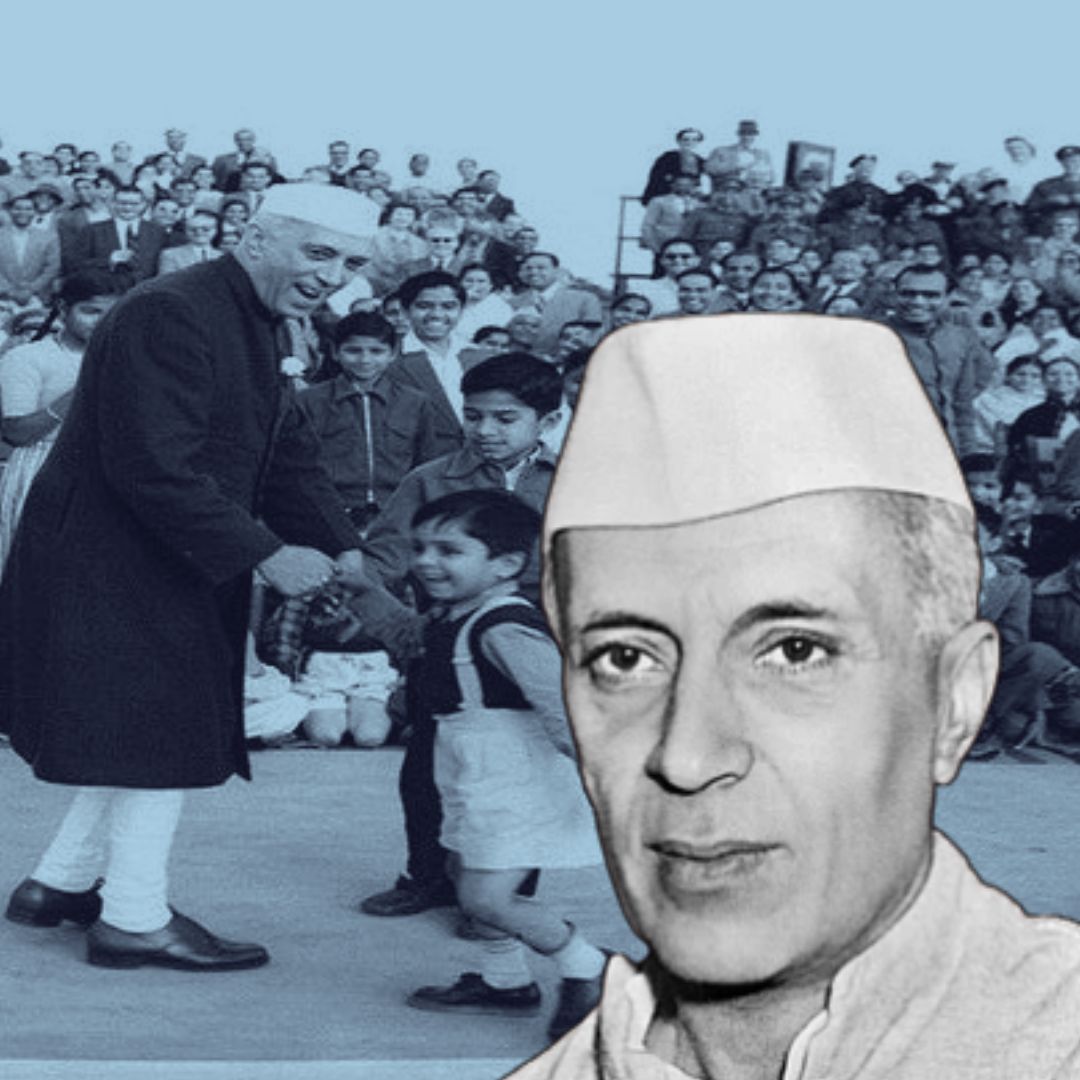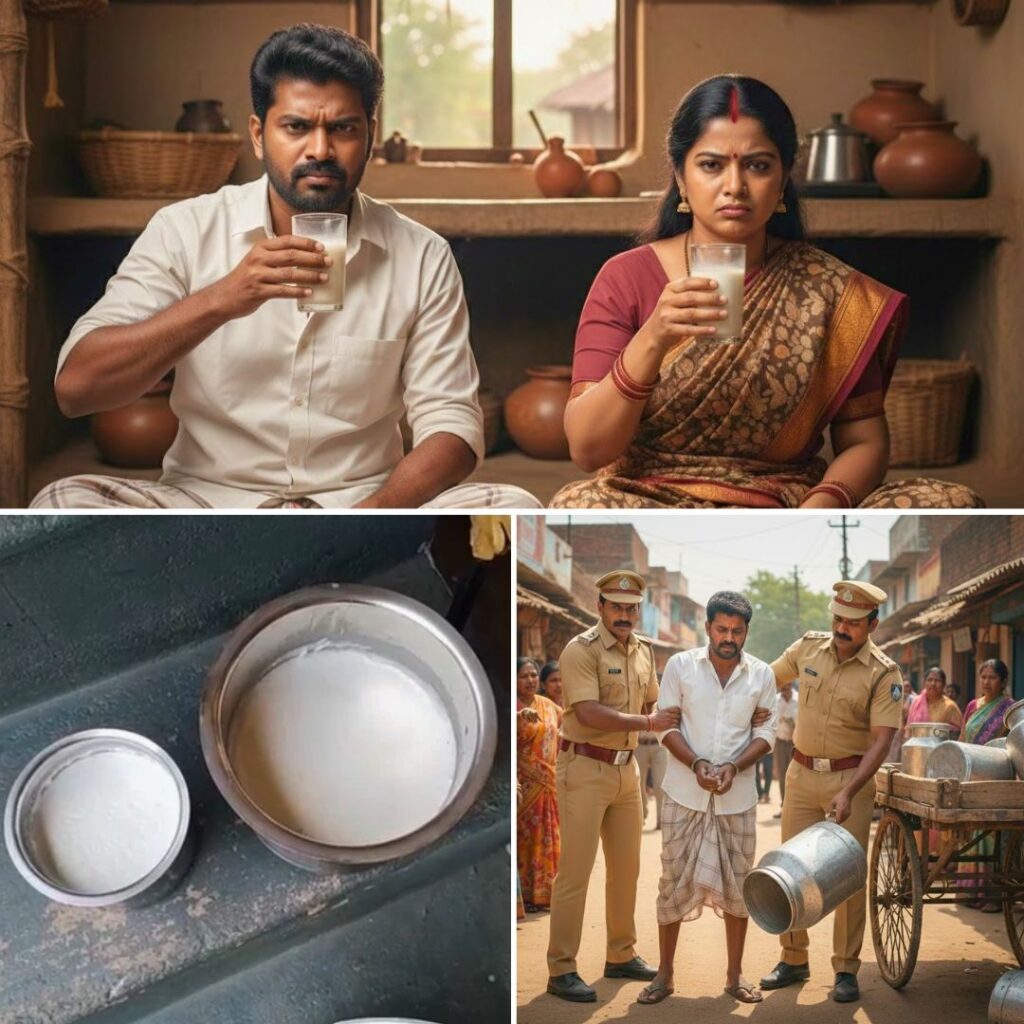On November 14, 2025, India commemorates the 136th birth anniversary of Jawaharlal Nehru, the nation’s first Prime Minister and a visionary leader whose policies laid the foundations for India’s modern identity. Prime Minister Narendra Modi paid tribute to Nehru’s crucial role in nation-building, highlighting his efforts in establishing premier institutions like the Indian Institutes of Technology (IITs), All India Institute of Medical Sciences (AIIMS), and vital infrastructure including dams that accelerated India’s growth.
Nehru’s commitment to democracy, secularism, scientific temper, and social justice continues to inspire discussions among officials, historians, and citizens, reaffirming the relevance of his vision in contemporary India amid ongoing social and political challenges.

Nehru’s Vision and Institution Building
Jawaharlal Nehru was more than just India’s first Prime Minister; he was the architect of its transition from a colonised country to a vibrant, democratic republic. His vision encompassed creating a secular, socialist, and scientifically progressive India. Nehru’s policies emphasized a planned economy aimed at upliftment of the poorest and marginalized, institutionalizing democracy through respect for constitutional procedures and parliamentary debate.
He authored seminal books such as “The Discovery of India” and “Glimpses of World History” which reflect his intellectual approach to India’s diverse cultural and historical identity. Under his leadership, India built foundational institutions that have shaped its development trajectory, the IITs set the standard for engineering excellence, AIIMS elevated healthcare standards, and major dams like Bhakra Nangal and Hirakud became symbols of self-reliant industrialisation and resource management.
Prime Minister Narendra Modi’s recent tribute on social media reaffirmed this legacy: “Tributes to former Prime Minister, Pandit Jawaharlal Nehru Ji on the occasion of his birth anniversary,” underscoring Nehru’s continued symbolic and practical relevance for India’s progress.
Tributes to former Prime Minister, Pandit Jawaharlal Nehru Ji on the occasion of his birth anniversary.
— Narendra Modi (@narendramodi) November 14, 2025
Unique Insights into Jawaharlal Nehru
Jawaharlal Nehru was not only a transformative leader but also a man of many lesser-known traits and passions. Known as “Chacha Nehru” for his deep affection towards children, he celebrated their importance by dedicating his birthday as Children’s Day in India.
Nehru believed that children are the foundation of the nation’s future, often calling them the “buds of the garden of life.” The day serves as a reminder of the importance of nurturing children’s potential, protecting their rights, and providing them with education and care. It reflects Nehru’s vision of a society that values kindness, equality, and the happiness of its youngest members.
During his imprisonment, he spun a khadi saree for his daughter’s wedding, which was later worn by other family members. An avid animal lover, Nehru kept a variety of pets, including pandas. His distinctive jacket style influenced global leaders, while his love for roses symbolised his ideals of love and hope. These facets humanize the iconic leader beyond political achievements.

Building a Modern, Secular, and Democratic India
Nehru’s contributions extended beyond infrastructure and education. He institutionalized India’s commitment to secularism, tolerance, and democratic pluralism, principles that remain at the heart of the nation’s identity. His establishment of the Planning Commission and implementation of Five-Year Plans demonstrated his dedication to systematic economic and social development.
His foreign policy of non-alignment during the Cold War asserted India’s strategic autonomy and moral leadership on the global stage. Though contemporary political dynamics have challenged some Nehruvian ideals, the core values of scientific inquiry, social equity, and democratic governance that he championed continue to be vital in confronting India’s present-day challenges such as communalism and ideological polarization.

The Logical Indian’s Perspective
The Logical Indian honours Jawaharlal Nehru’s vision as a beacon of peace, dialogue, and coexistence, which are essential for India’s pluralistic fabric. His emphasis on education, scientific temper, and institution-building offers powerful lessons on governance grounded in empathy and rational discourse.
At a time when India faces divisions fueled by intolerance and misinformation, reaffirming Nehru’s ideals is crucial for nurturing harmony and inclusive growth.
On the birth anniversary of India's first Prime Minister, the late Pt. Jawaharlal Nehru ji, CPP Chairperson Smt. Sonia Gandhi ji offered her tributes at Shanti Van.
— Congress (@INCIndia) November 14, 2025
Through state-of-the-art institutions, groundbreaking policies and a fervent belief in democracy and scientific… pic.twitter.com/Sac4JZ0LKE












